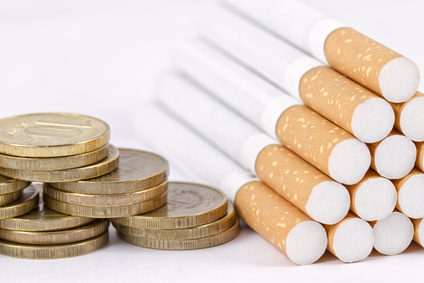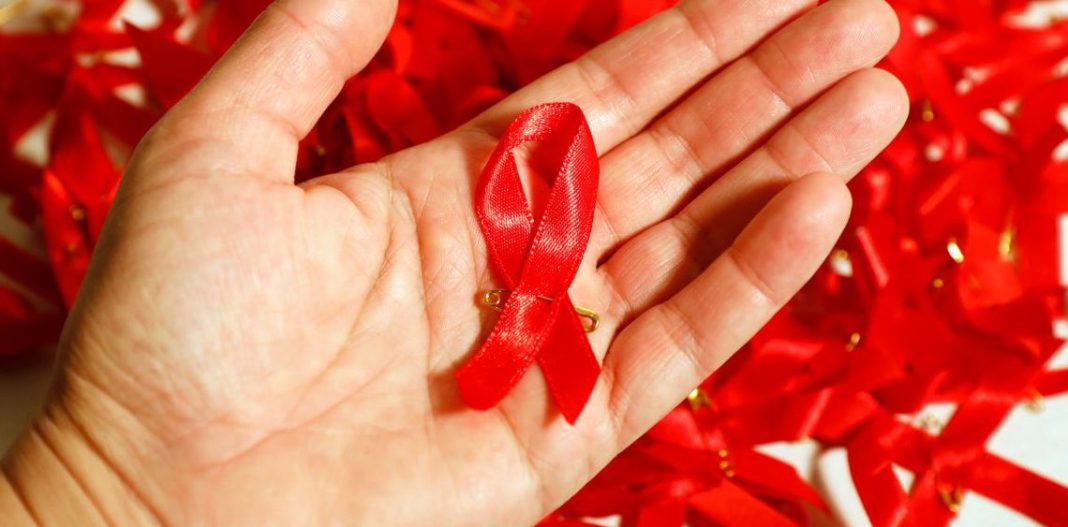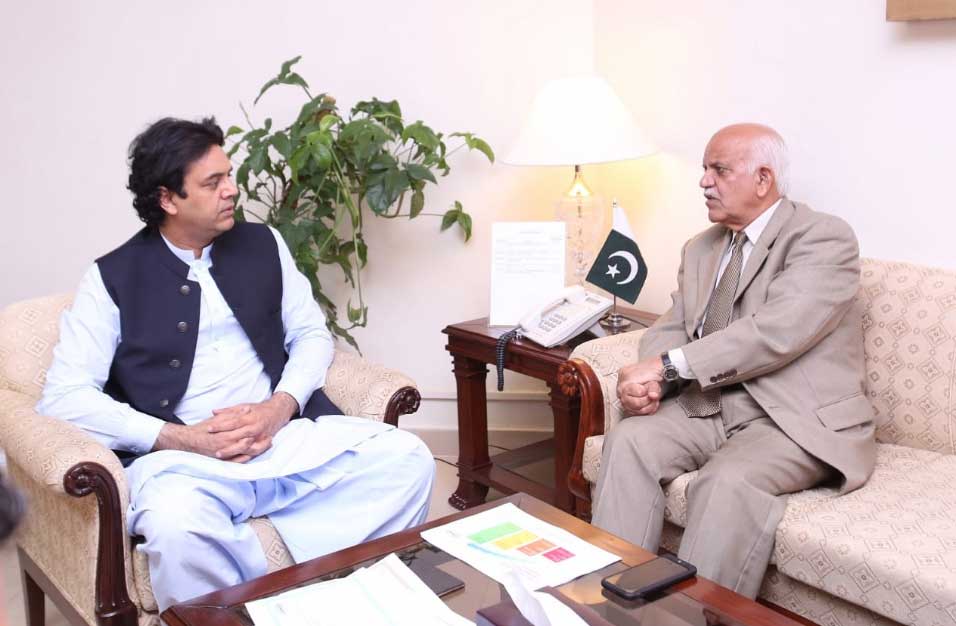Islamabad, 06 May, 2019: A report is launched to measure the burden of illicit trade in Capital city of Pakistan, Islamabad. Report with the title “The burden of illicit trade of cigarettes in Islamabad” is prepared by FFO, a think tank working on NCDs and tobacco control issues.
While speaking to the report launch ceremony held in Islamabad Dr. Nausheen Hamid, Parliamentary Secretary of Ministry of National Health Services, Regulations and Coordination said that the pilot study carried out to measure the burden of illicit trade in cigarettes in Islamabad would be helpful in strategizing tobacco control in Pakistan especially while taking tobacco taxation measures for reducing demand of cigarettes.
Talking about the burden of tobacco use in the country she said that tobacco use is the single largest preventable cause of death in the world. Tobacco kills around 1660,00 people every year in Pakistan. In Pakistan, 23.9 million adult populations use tobacco in any form. She said that the annual economic cost of smoking in Pakistan is as high as Rs143.208 billion.
She expressed satisfaction on the findings of the study which revealed that there are only 15.95% of the cigarettes per day consumed in Islamabad, classified as illicit. She said that based on the overblown figures of illicit trade in cigarettes, the policy of reducing cigarette prices was introduced by FBR in the last government regime. Globally, tobacco industry lobbies for favorable tax structure arguing that an increase in taxes will harm the economy and increase illicit trade. However, evidence from this report shows that the burden of illicit trade in cigarettes in Islamabad is almost half than quoted by tobacco industry. The report also counters the tobacco industry arguments about shifting of smokers towards cheaper brands if price is increased, by revealing that 61% of the smokers would quit of reduce smoking if price is increased. Only 8% of the smokers would opt for cheaper cigarettes if price is increased.
Earlier, Dr. Ziauddin Islam briefed about the rational and intended benefits of the study in strategizing tobacco taxation policy reforms in Pakistan. He informed that the study will be replicated in all provincial capitals of Pakistan, in the next phase, to have national data.
Mr. Muhammad Faisal, Project Manager, FFO gave a detailed presentation on the study. He informed the participants about the finding of the study; i.e. 15.95% of the cigarettes per day consumed in Islamabad, classified as illicit. These cigarette brands failed to comply with the six-factor criteria i.e. pictorial health warnings, textual health warning, low price, age warning, manufacturer details and printing of retail price. Out of 15.95%, only 10.74% of cigarettes were illicit as smuggled and 5.2% cigarettes were illicit as low priced or duty not paid (DNP). These DNP cigarettes met all the criteria of legitimate brands but selling on low price (PKR 25-40), which labeled these as illicit cigarettes.
He further informed that smoking is inversely related to academic qualification and price, the respondents appear to be less educated (65.7% were matriculate or below), 25.5% were willing to quit smoking if the price of cigarettes be doubled. While 36.2% were of the opinion to reduce smoking if price of cigarettes be doubled. 1,131 smokers of the study were smoking total 14,463 cigarettes per day. Out of these smokers, 179 were found of smoking 2,307 sticks of illicit brands and 952 smokers were using 12,156 sticks oflegal brands.
Mr. Waseem Saleem, Senior Economist, SPDC, Mr. Muhammad Javed, Project Manager, Tobacco Control Cell, Malik Imran Ahmed, Country Director Campaign for tobacco free kids, Sanaullah Ghumman, General Secretary, PANAH and Sajjad Ahmad Cheema, Executive Director, Society for the Protection of the rights of the child (SPARC) also spoke on the occasion.








